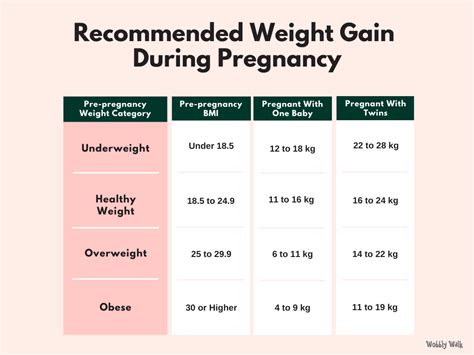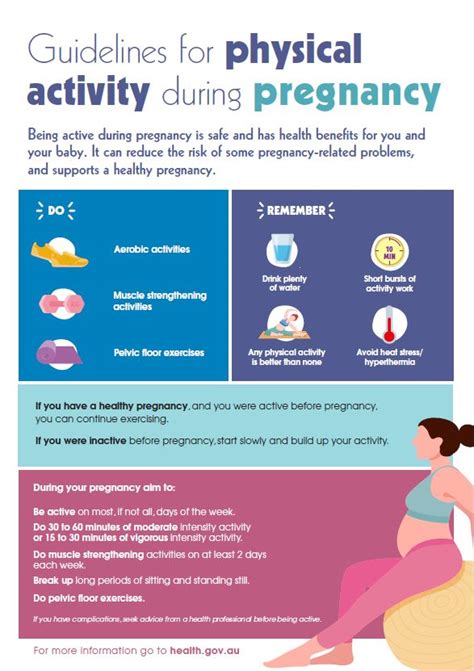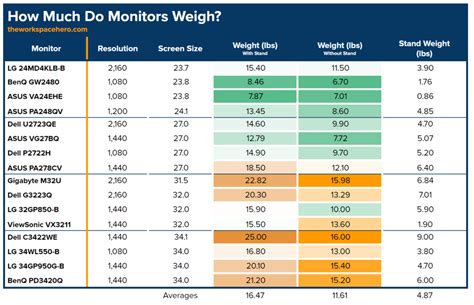Intro
Discover healthy pregnancy weight management with 5 expert tips, covering prenatal nutrition, safe exercises, and postpartum weight loss strategies for a balanced pregnancy journey.
Gaining weight during pregnancy is a natural and necessary part of a healthy pregnancy. However, excessive weight gain can increase the risk of complications for both the mother and the baby. Maintaining a healthy weight during pregnancy can be challenging, but with the right strategies, women can reduce their risk of pregnancy-related complications and have a healthier pregnancy. In this article, we will explore the importance of managing weight during pregnancy and provide tips on how to do so.
Pregnancy is a critical period in a woman's life, and maintaining a healthy weight is essential for the well-being of both the mother and the baby. Excessive weight gain during pregnancy can increase the risk of gestational diabetes, high blood pressure, and other complications. Moreover, women who gain too much weight during pregnancy are more likely to experience difficulties during childbirth and have a higher risk of postpartum depression. On the other hand, women who maintain a healthy weight during pregnancy are more likely to have a smooth and healthy pregnancy, and their babies are more likely to be born at a healthy weight.
Managing weight during pregnancy requires a combination of healthy eating habits, regular physical activity, and careful monitoring of weight gain. Women who are pregnant or planning to become pregnant should consult their healthcare provider to determine a healthy weight range and develop a plan to maintain it. With the right guidance and support, women can maintain a healthy weight during pregnancy and reduce their risk of pregnancy-related complications.
Pregnancy Weight Gain Recommendations

Benefits of Healthy Weight Gain
Maintaining a healthy weight during pregnancy has numerous benefits for both the mother and the baby. Some of the benefits include: * Reduced risk of gestational diabetes and high blood pressure * Lower risk of complications during childbirth * Healthier birth weight for the baby * Reduced risk of postpartum depression * Easier weight loss after pregnancyHealthy Eating Habits During Pregnancy

Meal Planning and Snacking
Meal planning and snacking can help women maintain a healthy weight during pregnancy. Some tips include: * Eating smaller, frequent meals throughout the day * Choosing healthy snacks, such as fruits, nuts, and carrot sticks with hummus * Avoiding skipping meals, which can lead to overeating later in the day * Drinking plenty of water to stay hydratedPhysical Activity During Pregnancy

Benefits of Physical Activity
Physical activity during pregnancy has numerous benefits, including: * Reduced risk of gestational diabetes and high blood pressure * Improved mood and reduced stress * Increased energy levels * Better sleep quality * Easier labor and deliveryMonitoring Weight Gain

Weight Gain Patterns
Women should expect to gain weight at a steady rate throughout their pregnancy. On average, women gain 1-2 pounds per week during the second and third trimesters. However, weight gain patterns can vary depending on individual factors, such as pre-pregnancy weight and activity level.Common Challenges and Solutions

Seeking Support
Seeking support from healthcare providers, family, and friends is essential for maintaining a healthy weight during pregnancy. Women should not hesitate to reach out for help when needed and should prioritize their health and well-being.How much weight should I gain during pregnancy?
+The amount of weight you should gain during pregnancy depends on your pre-pregnancy BMI. Women with a normal BMI should gain 25-35 pounds, while those who are overweight should gain 15-25 pounds. Women who are obese should gain 11-20 pounds.
What are the benefits of maintaining a healthy weight during pregnancy?
+Maintaining a healthy weight during pregnancy can reduce the risk of gestational diabetes, high blood pressure, and other complications. It can also lead to a healthier birth weight for the baby and reduce the risk of postpartum depression.
How can I stay physically active during pregnancy?
+Women can stay physically active during pregnancy by engaging in at least 150 minutes of moderate-intensity aerobic exercise per week. Safe exercises during pregnancy include brisk walking, swimming, prenatal yoga, and cycling.
In conclusion, maintaining a healthy weight during pregnancy is crucial for the well-being of both the mother and the baby. By following the tips outlined in this article, women can reduce their risk of pregnancy-related complications and have a healthier pregnancy. Remember to stay hydrated, eat a balanced diet, and engage in regular physical activity to maintain a healthy weight during pregnancy. Share your experiences and tips for maintaining a healthy weight during pregnancy in the comments below, and don't forget to share this article with your friends and family who may be expecting.
